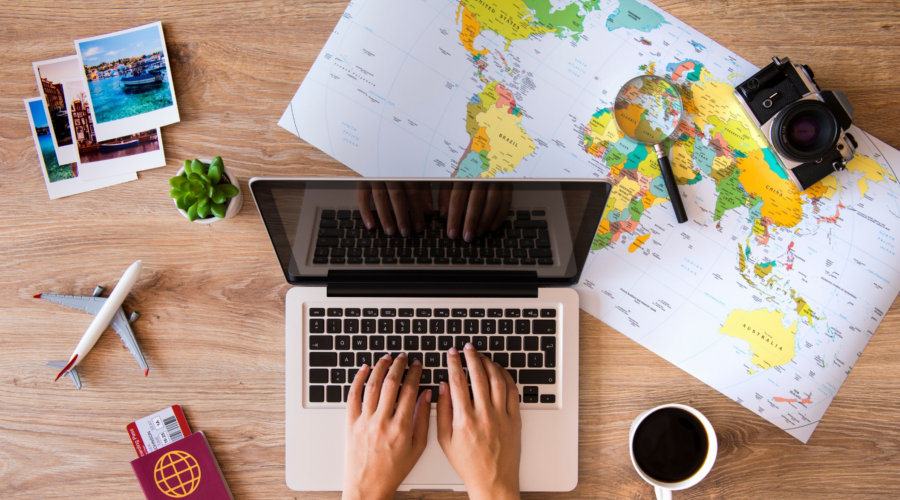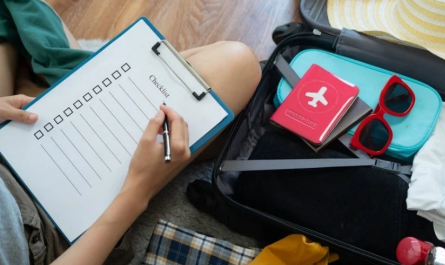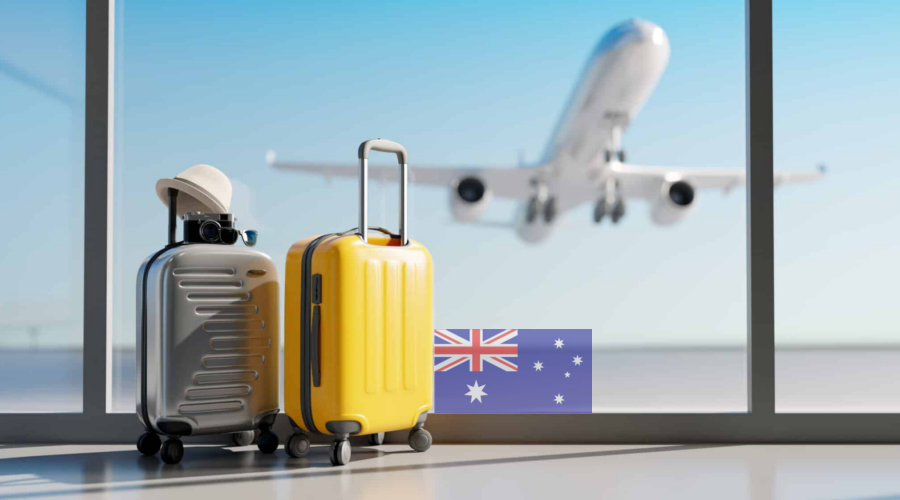Traveling in 2024 offers exciting opportunities to explore new destinations and cultures. However, ensuring your health and security while on the road is crucial. With evolving global conditions, it’s essential to stay informed and prepared. Here are some comprehensive tips to help you travel safely in 2024.
1. Stay Informed
Monitor Travel Advisories
Before planning your trip, check government travel advisories for your destination. Websites like the U.S. Department of State or the UK Foreign Office provide up-to-date information on safety and security concerns.
Local News and Updates
Stay informed about local news in your destination. Understanding current events can help you avoid areas with potential unrest or disruptions.
2. Health Precautions
Vaccinations and Health Checks
Ensure you’re up-to-date on necessary vaccinations. Check if your destination requires specific vaccinations or health certificates. Consult with a healthcare professional to discuss any additional precautions.
Pack a Health Kit
Bring a travel health kit that includes:
- Prescription medications
- Over-the-counter remedies (pain relievers, antihistamines)
- First-aid supplies (bandages, antiseptic wipes)
- Hand sanitizer and masks
COVID-19 Considerations
While the pandemic’s intensity has decreased, COVID-19 still poses a risk. Stay informed about any entry requirements, such as testing or vaccination proof, and be prepared for local health protocols.
3. Secure Your Belongings
Use Anti-Theft Gear
Invest in anti-theft bags and accessories. These items often come with features like slash-resistant material, lockable zippers, and RFID-blocking pockets to protect your valuables.
Keep Copies of Important Documents
Make digital and physical copies of essential documents, including your passport, ID, travel insurance, and itinerary. Store them securely in separate locations.
Stay Vigilant in Public Spaces
Be aware of your surroundings, especially in crowded areas like markets or public transport. Keep your belongings close and avoid displaying expensive items.
4. Travel Insurance
Comprehensive Coverage
Purchase travel insurance that covers health emergencies, cancellations, and lost belongings. Read the policy carefully to understand what is included and excluded.
Emergency Contacts
Keep a list of emergency contacts, including local emergency services, your country’s embassy, and your travel insurance provider.
5. Cybersecurity
Protect Your Devices
Ensure your electronic devices are secure. Use strong, unique passwords and enable two-factor authentication where possible.
Use a VPN
A Virtual Private Network (VPN) can protect your online activity from hackers, especially when using public Wi-Fi networks.
Avoid Public Wi-Fi for Sensitive Transactions
Refrain from accessing banking or sensitive accounts over public Wi-Fi. If necessary, use a secure connection or your mobile data instead.
6. Transportation Safety
Research Local Transportation
Familiarize yourself with local transportation options. Use reputable taxi services or rideshare apps, and avoid unlicensed vehicles.
Car Rentals
If renting a car, choose a reliable rental company. Inspect the vehicle for any damage before driving and ensure you understand local driving laws.
Public Transport Tips
When using public transport, keep your belongings secure and be cautious of pickpockets. Avoid traveling alone late at night.
7. Accommodation Safety
Choose Reputable Accommodations
Select accommodations with good reviews and safety records. Consider staying in well-known hotels or trusted vacation rentals.
Room Security
Upon arrival, check that your room’s locks and windows are secure. Use the hotel safe for valuables and keep your door locked at all times.
Fire Safety
Familiarize yourself with the emergency exits and fire safety procedures in your accommodation.
8. Cultural Awareness
Respect Local Customs
Understanding and respecting local customs and laws can prevent misunderstandings and ensure a positive experience. Research cultural norms and dress codes beforehand.
Language Basics
Learn a few basic phrases in the local language. This can help you navigate situations more smoothly and show respect to locals.
9. Personal Safety
Trust Your Instincts
If a situation feels unsafe or uncomfortable, trust your instincts and remove yourself from it. It’s better to err on the side of caution.
Stay Connected
Keep in touch with family or friends back home. Share your itinerary and check in regularly to let them know you’re safe.
Avoid Risky Situations
Be cautious when exploring unfamiliar areas, especially at night. Stick to well-lit and populated places, and avoid isolated locations.
10. Environmental Awareness
Sustainable Travel
Practice sustainable travel by minimizing your environmental impact. Use eco-friendly transportation options and support local businesses.
Weather Preparedness
Check the weather forecast for your destination and pack accordingly. Be prepared for extreme weather conditions and have a plan in place for emergencies.
Conclusion
Traveling safely in 2024 requires a combination of preparation, awareness, and adaptability. By following these tips, you can enjoy your adventures while ensuring your health and security. Remember, the key to a successful trip is balancing exploration with mindfulness and caution.







